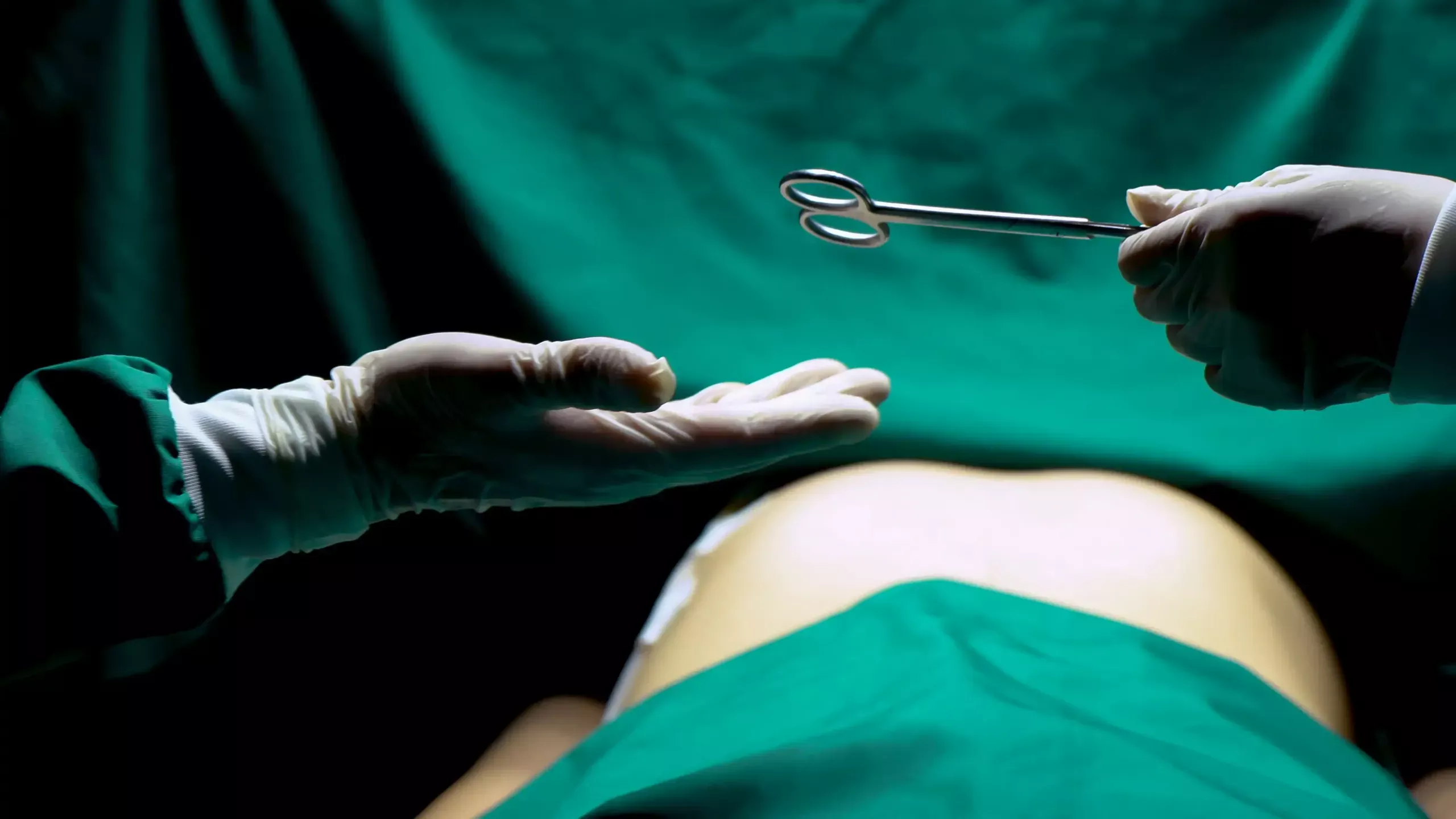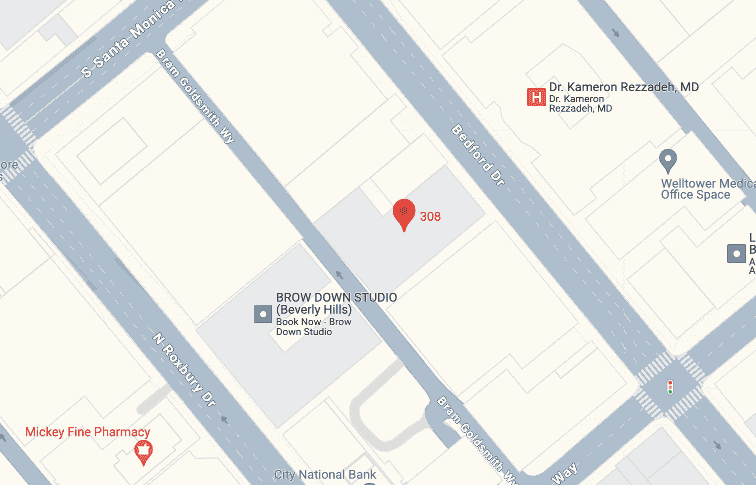A colorectal surgeon is a highly skilled medical professional who focuses on the diagnosis and treatment of diseases and disorders of the colon, rectum, and anus. Colorectal surgeon pilonidal cyst commonly treat the following conditions:
- Inflammatory bowel disease (IBD) refers to conditions that cause inflammation in the digestive tract, such as Crohn’s disease and ulcerative colitis.
- Colorectal surgeons play an important role in the diagnosis and treatment of colon and rectal cancers, which are among the most common types of cancer worldwide.
- Diverticular disease is characterized by the development of small pouches in the colon that can become inflamed or infected.
- Anal fissures and fistulas are tears or openings in the skin that can cause pain, itching, and bleeding.
- Hemorrhoids are a condition characterized by swollen and inflamed veins in the rectum or anus.
- Colorectal surgeons also play an important role in the diagnosis and treatment of pilonidal cysts and other conditions affecting the sacral region of the lower back, in addition to these conditions.
- Colorectal surgeons are well-versed in both surgical and non-surgical treatment options for these conditions. In many cases, they can perform minimally invasive procedures with smaller incisions and faster recovery times. Colorectal surgeons frequently perform the following procedures:
- Colonoscopy is a diagnostic procedure that involves inserting a flexible tube with a camera into the rectum and colon to detect abnormalities.
- Laparoscopic surgery is a minimally invasive surgical technique that involves making small incisions in the abdomen to remove diseased tissue.
- Robotic surgery is a type of minimally invasive surgery in which the surgeon uses robotic technology to help him or her perform precise movements with greater control and precision.
- Colorectal surgeons may need to perform open surgery in some cases, which involves a larger incision in the abdomen or rectum.
Colorectal surgeons are essential in the diagnosis and treatment of a wide range of conditions affecting the colon, rectum, and anus. They are highly trained medical professionals who use a variety of surgical and non-surgical treatments to ensure the best possible outcomes for their patients. A consultation with a colorectal surgeon may be beneficial if you are experiencing symptoms of any of these conditions.
Pilonidal Cyst Treatment
If you have pilonidal cyst symptoms such as pain, swelling, or drainage, you may be wondering where to seek treatment. Fortunately, a colorectal surgeon has the knowledge and experience required to accurately diagnose and treat this condition.
Pilonidal cysts typically form when infected hair follicles form a cyst beneath the skin. Small cysts may not cause any symptoms, but larger cysts can be painful and infected. A pilonidal cyst may require surgical intervention in severe cases to remove the cyst and prevent it from recurring.
Treatment for pilonidal cysts varies according to the severity of the condition. In minor cases, the cyst may simply be watched for changes and the symptoms managed with pain relievers and warm compresses. In more severe cases, however, surgical intervention may be required.
There are several surgical procedures available to treat pilonidal cysts, and the procedure chosen will be determined by the severity and location of the cyst. The following are some of the most common surgical procedures for pilonidal cysts:
- Incision and drainage: This is a minimally invasive procedure that opens the cyst and drains the pus and fluid. After that, the wound is left open to heal on its own. This procedure is usually used in cases of severe infection or abscess.
- Bascom procedure: This is a surgical procedure that involves the removal of the cyst and the surrounding tissue. The wound is then closed with a flap of skin, reducing the risk of recurrence. One of the most common procedures for pilonidal cysts is the Bascom procedure.
- Z-plasty: This is a surgical procedure in which a Z-shaped incision is made in the skin around the cyst. The skin is then folded back and stitched in place, resulting in a larger, more stable wound that is less likely to reoccur.
- Limberg flap: A surgical procedure that involves removing the cyst and surrounding tissue before creating a skin flap that is rotated to cover the wound. The flap is then stitched in place to reduce the possibility of recurrence.
It is critical to keep the wound clean and dry after surgery to avoid infection. To manage pain, pain medication may be prescribed, and it is critical to follow any post-operative care instructions provided by your surgeon to ensure proper healing.
Finally, the treatment for pilonidal cysts is determined by the severity of the condition. In minor cases, the cyst can be monitored and managed with pain relievers and warm compresses. In more severe cases, however, surgical intervention may be required. There are several surgical procedures available to treat pilonidal cysts, and the procedure chosen will be determined by the severity and location of the cyst. To ensure proper healing, it is critical to follow any post-operative care instructions provided by your surgeon.
Pilonidal Cyst Surgery Cost
The cost of pilonidal cyst surgery varies greatly depending on several factors, including the type of surgery performed, the location of the surgery, the surgeon’s fees, and the patient’s insurance coverage. The cost of pilonidal cyst surgery without insurance can range from several hundred to several thousand dollars.
The cost of pilonidal cyst surgery for patients with insurance will vary depending on their specific policy and the type of procedure performed. Most insurance plans will pay for medically necessary surgery, but patients may still be responsible for a portion of the cost through deductibles, co-payments, or co-insurance.
Patients should contact their insurance provider to determine what is covered under their policy and to obtain a pre-authorization for the procedure to get a more accurate estimate of the cost of pilonidal cyst surgery. Patients can also contact the surgeon’s office directly to obtain a cost estimate and to discuss any possible financing options.
It is critical to remember that the cost of pilonidal cyst surgery should not be the primary consideration when choosing a surgeon or a treatment option. The surgeon’s experience and expertise in treating pilonidal cysts, as well as their ability to provide the best possible outcome for the patient, should be the most important consideration.
Pilonidal Cyst Removal Near Me
A colorectal surgeon may be your best option for pilonidal cyst removal near you. These surgeons have extensive training and experience in removing pilonidal cysts as well as other conditions affecting the colon, rectum, and anus.
When selecting a colorectal surgeon for pilonidal cyst removal, consider factors such as experience, expertise, and reputation. You should also ask about the cost of pilonidal cyst surgery, as it varies depending on your location and insurance coverage.
Our team of experienced colorectal surgeons at Pilonidal Expert is committed to providing personalized care and effective treatment for pilonidal cysts. We are here to assist you whether you require pilonidal cyst removal or simply advice and guidance on how to manage your symptoms.








